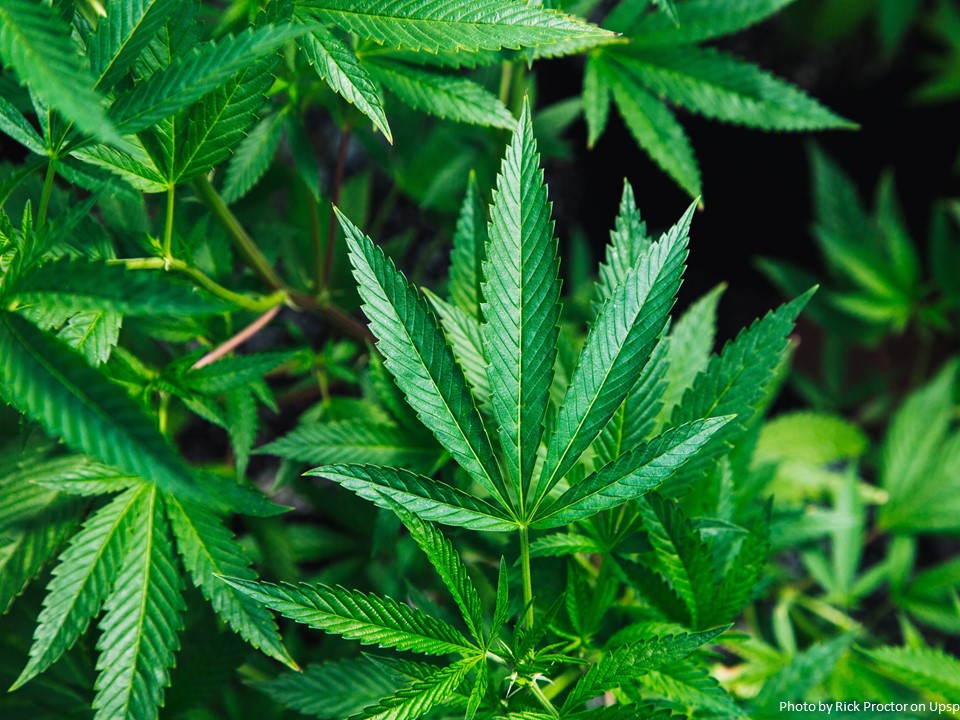Despite decreasing rates of alcohol and tobacco use during pregnancy, the use of cannabis use during pregnancy is on the rise. We are seeing an increasing number of women in our clinic who are using marijuana on a regular basis — recreationally and medically prescribed. This is no surprise given that many states have or are now moving forward with the legalization of medical marijuana.
The majority of marijuana users are young and of reproductive age. It is estimated that roughly half of women who use marijuana regularly continue to use during pregnancy. While marijuana is often considered to be a relatively benign substance and is viewed as being safer than traditional medications for the treatment of depression and anxiety, we have data to indicate that the developing fetus may be particularly vulnerable to its effects.
There are many challenges in examining the effects of prenatal cannabis use on the pregnancy and the developing fetus. One major obstacle is that it is difficult to obtain accurate data on substance use during pregnancy, particularly information regarding the frequency of use. Drug testing requires informed consent, and many women may not disclose use of cannabis for fear of negative appraisals or legal consequences. Furthermore, cannabis is often used in conjunction with other substances, tobacco and alcohol, and it may be difficult to parse out the effects of cannabis on outcomes from the negative effects of these other exposures.
Emerging data indicates that cannabis exposure is associated with worse neonatal outcomes and long-term neurodevelopmental outcomes in exposed children. Several recent reviews, listed below, document the effects of cannabis use on the following outcomes:
Neonatal Outcomes: The preponderance of evidence indicates that prenatal cannabis exposure increases risk for several adverse neonatal outcomes, most notably intrauterine growth retardation (IUGR) and low birth weight (LBW). Some studies have reported smaller head circumference in exposed children. Exposed children were more likely to be admitted to the NICU after birth than unexposed children.
Cognitive Outcomes: Emerging evidence indicates an association between prenatal cannabis exposure and deficits in memory, attention, and learning.
Neuropsychiatric Morbidity: Prenatal cannabis exposure is predictive of increased risk of depressive illness, prodromal symptoms of psychosis, and sleep disturbances. Several studies have also indicated that children with prenatal exposure to cannabis are more likely to use cannabis and nicotine in adolescents.
Multiple studies have demonstrated that the developing brain is particularly vulnerable to cannabis. There is a growing body of literature to indicate that exposure to cannabis during critical windows of neurodevelopment may alter the endogenous cannabinoid system which is critical for hardwiring the developing brain and lead to long-term cognitive deficits and increased vulnerability to psychiatric illness, including psychotic disorders.
Many women are unaware of the long-term effects of cannabis exposure during pregnancy. The American College of Obstetricians and Gynecologists (ACOG) recommends universal screening to be carried out at the first prenatal visit. Ideally, the screening process should include a discussion of the risks associated with prenatal exposure to cannabis and other substances, obstetrical care providers often do not counsel their pregnant patients who use marijuana about the potential risks associated with its use during pregnancy.
Ruta Nonacs, MD PhD
Gunn JK, Rosales CB, Center KE, Nuñez A, Gibson SJ, Christ C, Ehiri JE. Prenatal exposure to cannabis and maternal and child health outcomes: a systematic review and meta-analysis. BMJ Open. 2016 Apr 5. Free article.
Hurd YL, Manzoni OJ, Pletnikov MV, Lee FS, Bhattacharyya S, Melis M. Cannabis and the Developing Brain: Insights into Its Long-Lasting Effects. J Neurosci. 2019 Oct 16;39(42):8250-8258. Free article.
Nashed MG, Hardy DB, Laviolette SR. Prenatal Cannabinoid Exposure: Emerging Evidence of Physiological and Neuropsychiatric Abnormalities. Front Psychiatry. 2021 Jan 14; 11:624275. Free Article.
Navarrete F, García-Gutiérrez MS, Gasparyan A, Austrich-Olivares A, Femenía T, Manzanares J. Cannabis Use in Pregnant and Breastfeeding Women: Behavioral and Neurobiological Consequences. Front Psychiatry. 2020 Nov 2;11:586447. Free article.
Roncero C, Valriberas-Herrero I, Mezzatesta-Gava M, Villegas JL, Aguilar L, Grau-López L. Cannabis use during pregnancy and its relationship with fetal developmental outcomes and psychiatric disorders. A systematic review. Reprod Health. 2020 Feb 17;17(1):25. Free article.
Smith A, Kaufman F, Sandy MS, Cardenas A. Cannabis Exposure During Critical Windows of Development: Epigenetic and Molecular Pathways Implicated in Neuropsychiatric Disease. Curr Environ Health Rep. 2020 Sep;7(3):325-342. Free article.








Leave A Comment